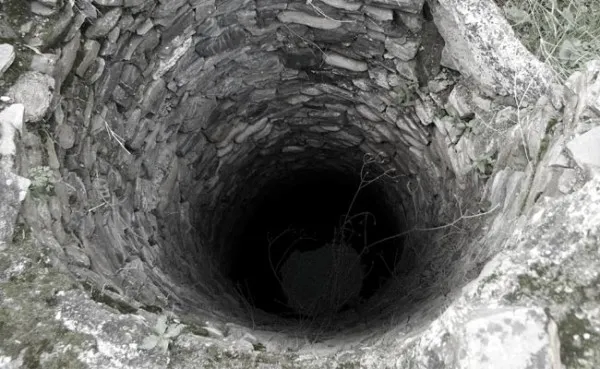The Bible Without Tears
- Daren Fickel

- Jun 14
- 2 min read

Remember those old shampoo commercials from the '90s? The ones that promised “no more tears” and made bath time look like bliss? This is something like that—only it’s about the Bible. And full disclosure: there might still be tears, but maybe the good kind.
For as long as I can remember, I’ve had an off-and-on relationship with Scripture. There were seasons when I read every day, studying Greek roots like some armchair theologian, underlining verses like they were treasure maps. And there were seasons when I couldn't have told you where my Bible was without a search warrant. The Word was either a lamp to my feet or a dust collector on my shelf—sometimes both in the same month.
If that sounds familiar, I’d like to share a few thoughts—not rules, not a formula, just some grace-soaked suggestions from one wanderer to another.
First: Please don’t start at Genesis and vow to read straight through to Revelation. That’s like beginning a road trip by driving into a swamp. Somewhere in Leviticus, probably around the laws about mildew or goat offerings, you’ll start to feel like your soul is drying up. The Bible isn’t arranged chronologically anyway. If you must go cover to cover, do yourself a favor and get a good commentary. It won’t make it easy, but it might keep you from abandoning the journey halfway through the wilderness.
Instead, start with something that speaks plainly and truly. Paul’s letter to the Romans is a good bet. Chapter 7 names the ache we all carry—the knowing what’s right and still doing what’s wrong. Chapter 8 answers with a deep breath of grace. Or start with Jesus’ Sermon on the Mount (Matthew 5–7), which feels like standing in a river and being told you’re already clean. Read about David in 2 Samuel, especially in his later years when glory and guilt get tangled up. Or Joseph in Genesis, whose story somehow manages to hold betrayal, patience, and redemption all in the same hands.
Try reading Scripture in another language—even one you only halfway know. There’s something about unfamiliar words that makes old truths shimmer again. In Spanish, “Blessed are the meek” becomes Afortunados los que son humildes—fortunate are the humble. It feels less like a moral lesson and more like a whisper of kindness.
If languages aren’t your thing, just try a different English translation. The Message, the New Living Translation, the English Standard Version—each one pulls different threads into the light. Familiar verses can become strange again, and in that strangeness, sacred.
And this—this is most important: don’t stare at the Bible like it’s a museum artifact to be decoded. Look through it, like a window. Yes, you’ll see fly-specks and fingerprints—the odd footnote, the tangled genealogy—but look through those panes and you’ll begin to see something truer: a God speaking across centuries into your quiet morning, your noisy kitchen, your tired soul.
Don’t wait until you feel holy enough or smart enough or still enough. Dust off that Bible—yes, the actual one. Read until something stirs. Read until you remember why you came. And if there are tears, let them fall. This is holy ground.




Comments